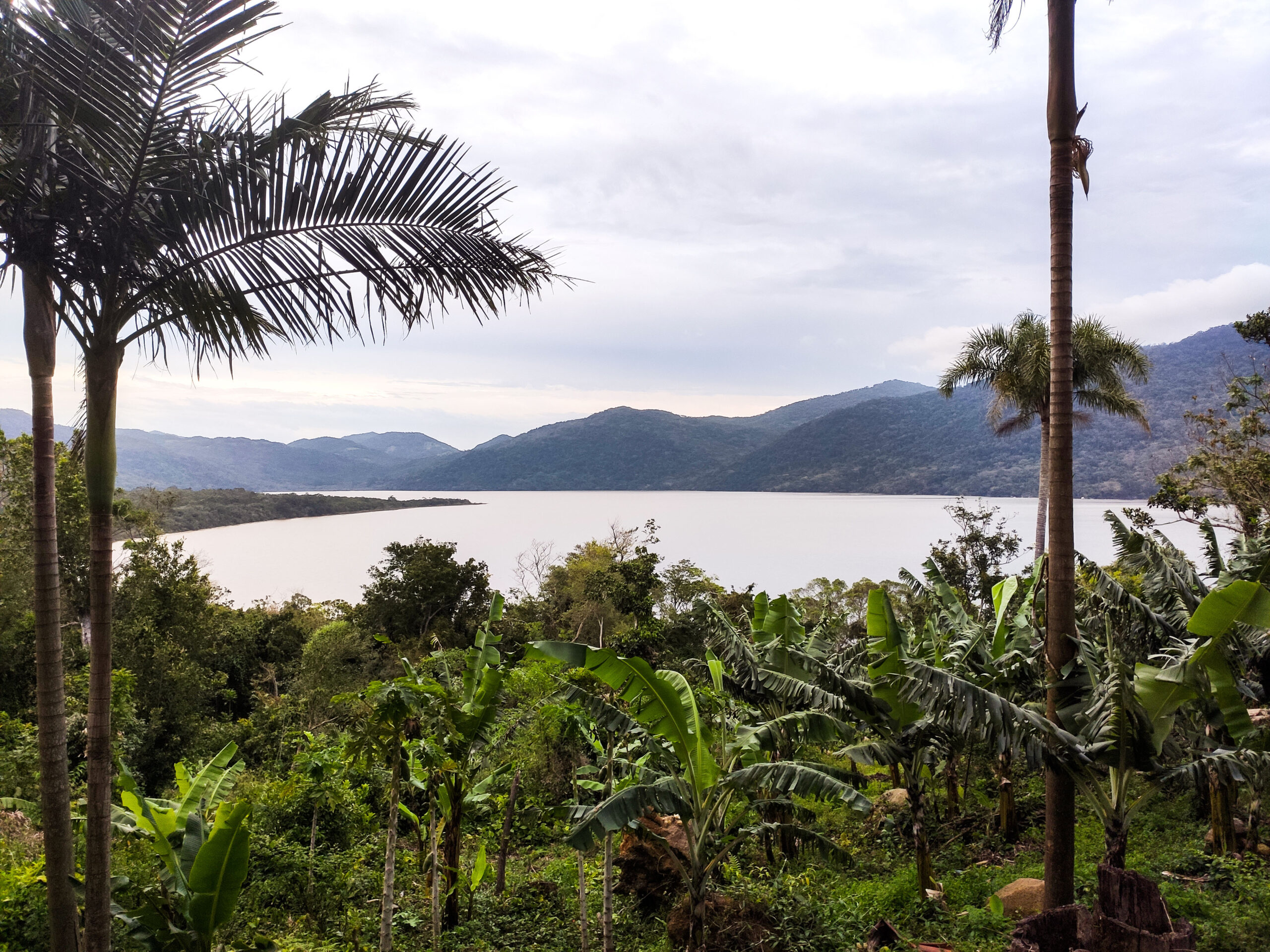The seventh phase of the project (MYXOTROPIC VII) represents a great change with respect to the previous phases, since it focuses on the study of the “Mata Atlantica” rainforests of Brazil. The trade winds cause constant rains, which allows the development of a particularly humid climate up to latitudes of 28ºS. This ecoregion, of immense biological value, has high rates of endemism, and constitutes one of the global diversity hotspots. But the Atlantic Forest is in danger due to its proximity to megacities such as Sao Paulo and Rio de Janeiro, and the intense human activity that has fragmented habitats and reduced the primary forest area by 88%.
Amoeboid protists, such as Myxomycetes and Arcellinida are considered excellent bioindicators of environmental quality and their diversity informs about the changes experienced by the ecosystems. Recognizing and valuing the composition of amoeboid protists communities will inform the state of ecological health of the Atlantic Forest, and will allow monitoring reforestation actions. To carry out these tasks, a good knowledge of the diversity in these environments is necessary; this will be one of the first goals of the MYXOTROPIC VII project.


